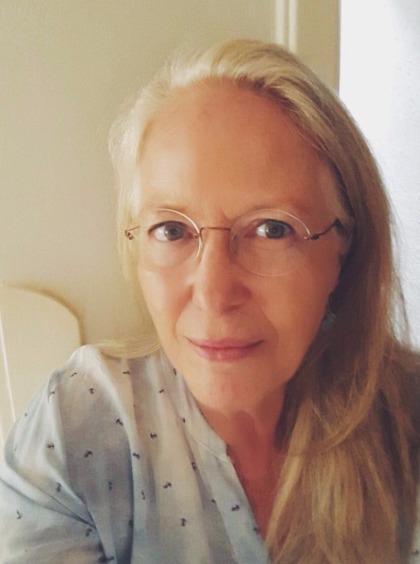- event type:WOMEX 17 Conference Session
- date:27 Oct 2017
- time:12:30 - 13:15
- city/area:Katowice
- venue:Network Room 1, International Congress Centre (ICC)
- country:Poland
- event posted by:Piranha Arts
Chaired by Martha Hawley (USA/The Netherlands), Martha Hawley; with Brian Ó hEadhra (Ireland/UK), Creative Scotland & Bòrd na Gàidhlig; Hinurewa te Hau (New Zealand), Auckland Matariki Festival Trust
When song is part of worldwide music performance, there’s a chance many listeners will not understand the language. Does this help or hinder market success? How does it matter?
It can matter in profound ways. Music and Indigenous language rights are tied to nationhood. Little-known languages have official minority status in some countries. In others, reviving mother tongues ensures that knowledge and values will be carried forward in an authentic voice, and the legacy of forced assimilation pushed back.
Musicians, cultural entrepreneurs, educators and social activists are shaping strategies for reinforcing endangered and indigenous languages by strengthening the communities where they are spoken.
There’s no time to lose: thousands of languages are threatened with extinction. But not if community organisers have anything to say about it – and they do.





